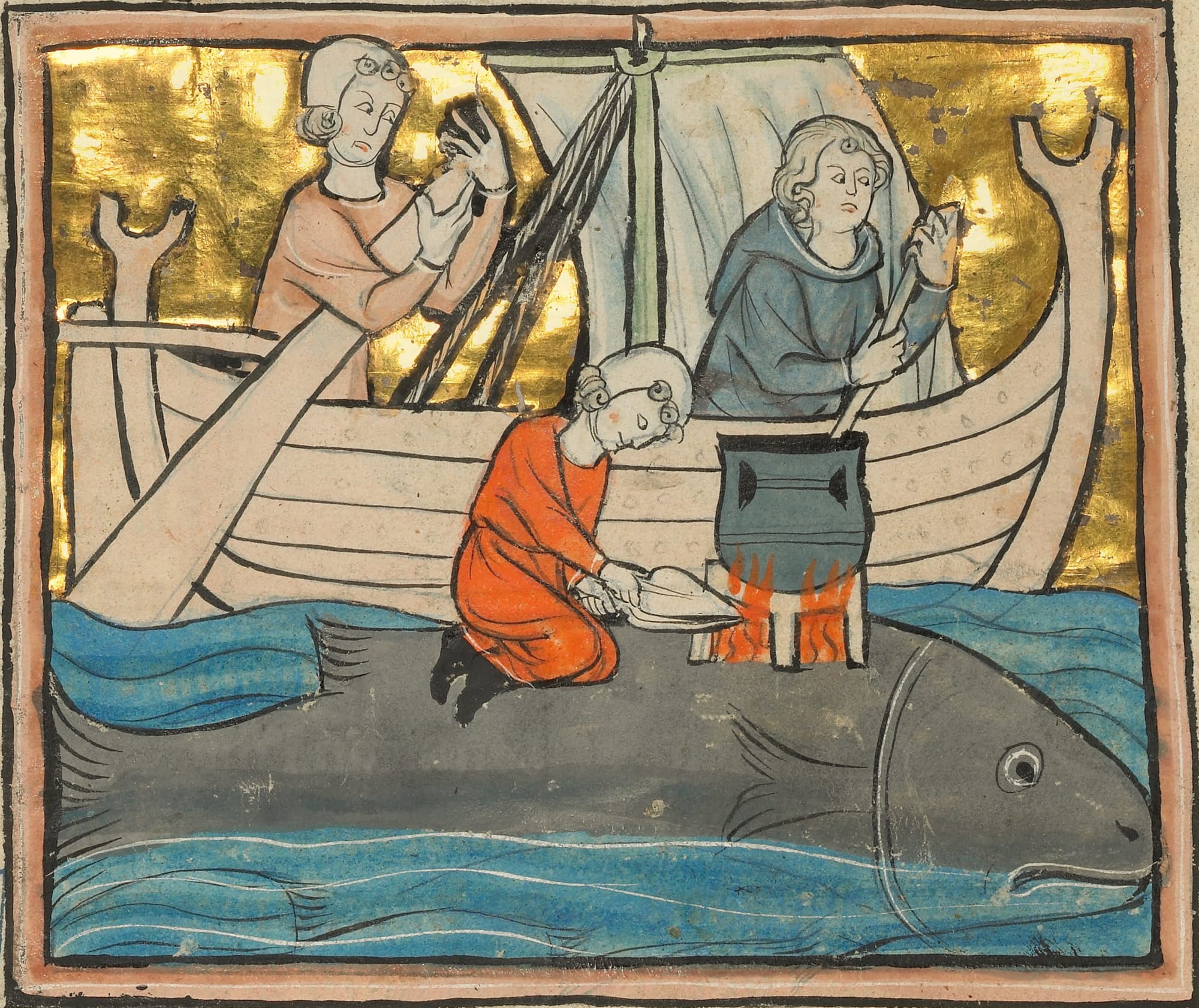The concept of 'wuwei' combines the two characters 無 ('not' in classical Chinese), and 爲 ('to do', 'to make', or 'to govern'), and is commonly translated as 'inaction' or 'inxertion'. It is one of many terms comprising the political debate at the centre of the Warring States Period (475-221 BC), during which the dissolution of the Zhou dynasty led to a period of constant war and unrest, culminating in the eventual takeover of states and warlords by the Qin dynasty. It is during this period of uncertainty that important questions arose about the nature of the state, governance, family and tradition. By the end of the Warring States Period, these debates had produced some of Chinese society's defining philosophical schools, such as Confucianism, Legalism, and Taoism.
'Wuwei' came to transcend various philosophies and have various interpretations, but its essential character was developed by Taoists, or more specifically, in the Tao Te Ching and the Zhaungzi. Not only restricted to questioning the role of governance, 'wuwei', to Herrlee Creel, came to define two separate but ultimately related sentiments:
1) An attitude of genuine non-action, motivated by a lack of desire to participate in the struggle of human affairs.
2) A technique by means of which one who practises it may gain enhanced control over human affairs.
Now, Taoist writers did of course take the existence of rulers for granted (which explains point number two), but they considered success to come to rulers who allow human society to flourish naturally from below, as opposed to being artificially guided from above. Consider the following extract from chapter 51 of the Tao Te Ching
'The way is revered and virtue is honoured not because this is decreed by any authority but because it is natural for them to be treated so.'
The 'way' quoted here is the Tao (道) itself (or Dao, see an explanation of the different spellings here), meaning 'way', 'route', or more philosophically, the natural order of the universe. There is no need for a ruler to work against what comes naturally, and to do so might encourage violence, theft and poverty. Consider this further extract from chapter 57:
'When there are many restrictions in the world, the people become more impoverished. When people have many sharp weapons, the country becomes more chaotic. When people have many clever tricks, more strange things occur. The more laws are posted, the more robbers and thieves there are. Therefore the sage says: I take unattached action, and the people transform themselves. I prefer quiet, and the people right themselves. I do not interfere, and the people enrich themselves. I have no desires, and the people simplify themselves.'
The above quote most succinctly explains the application of 'wuwei' as a form of governance. The ruler who expects society to conform to strict laws, or coerces them into their bidding with weapons, goes against the natural order of the universe and therefore harms society.
This is startlingly similar to the views of modern anarchists, who similarly wish to allow society to take on more natural and spontaneous forms of organisation, independent of the rigid, hierarchical laws of the state. For example, when Anselme Bellegarrigue, an anarchist who participated in the 1848 French revolution, wrote that 'anarchy is order, government is civil war', he did so to affirm that governments disrupt social harmony through coercion and violence, whereas anarchy, by denying coercion (or perhaps employing a form of 'wuwei') allows human society to develop naturally and therefore more harmoniously.
On top of this, anarchists like Pyotr Kropotkin argued that the human condition lends itself more to cooperation than it does to division. This belief, defiant to the Hobbesian view that the state of nature is also one of war, lends itself to the same optimism about human nature that inspired the writers of the Tao Te Ching. Here is one quote from Mutual Aid: A Factor of Evolution:
'The mutual-aid tendency in man has so remote an origin, and is so deeply interwoven with all the past evolution of the human race, that it has been maintained by mankind up to the present time, notwithstanding all vicissitudes of history.'
If mutual-aid, cooperation and solidarity comes naturally to human beings, whereas competition, division and distrust come from the hierarchies of a state society, then a practise of 'wuwei', of allowing communities to form naturally, is the desirable outcome.
In anarchist writing we can also find a belief in the "natural order" of nature that Taoists then connect to the natural order of human beings. Murray Bookchin, for example, in The Ecology of Freedom, believed that humanity could create a 'harmonized world' if it came to mirror nature, that being:
'a nature that is interpreted nonhierarchically, in terms of unity in diversity and spontaneity.'
Bookchin says this interpretation of nature, which follows from the field of Social Ecology he champions in this text, will allow human society to achieve 'its traditional status as unity in diversity', and move away from the 'linear system of separate, increasingly antagonistic powers' that comprise our modern states. The Ecology of Freedom and the Tao Te Ching, both express faith in nature as the ideal standard to which human organisation can compare itself to.
Although Taoism is not explicitly anarchist by any means, it is undeniable that there are connections between the practise of 'wu wei' and anarchist understandings of governance and human organisation. What I intend to show, by making these connections, is that western anarchists can stand to learn a great deal from the philosophies of the non-western world, which lend themselves to an "anarchist tradition" predating the works of Proudhon, Bookchin and Kropotkin.
It is not hard to imagine that these famous anarchists, sitting down with the writers of the Tao Te Ching, would not admire the anarchism in the spirit of 'wuwei'.
Photo by Anandajoti Bhikkhu on Flickr
Special thanks for our patrons, Dominic Condello, John Walker, BoringAsian, Jake P Walker
If you want to help us reach the funds needed to keep this site up forever, please consider becoming a patron:





